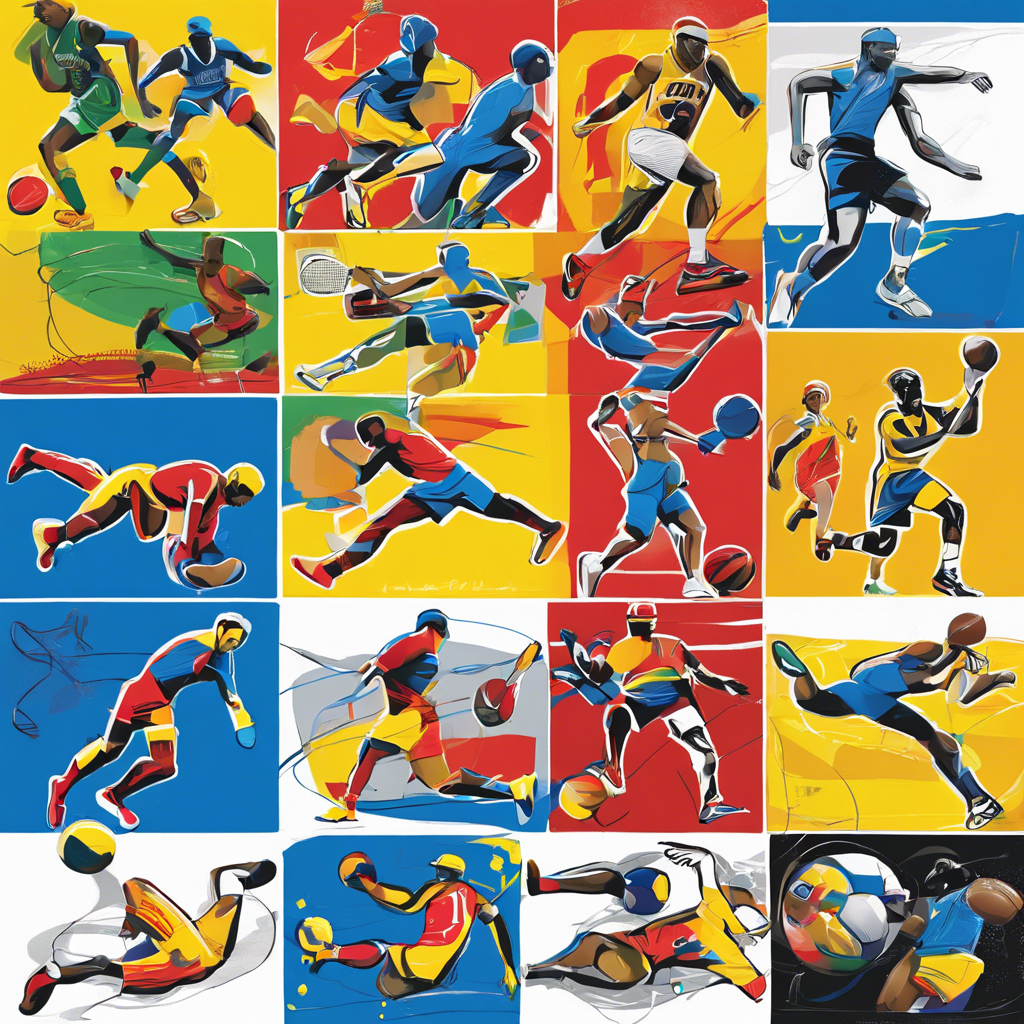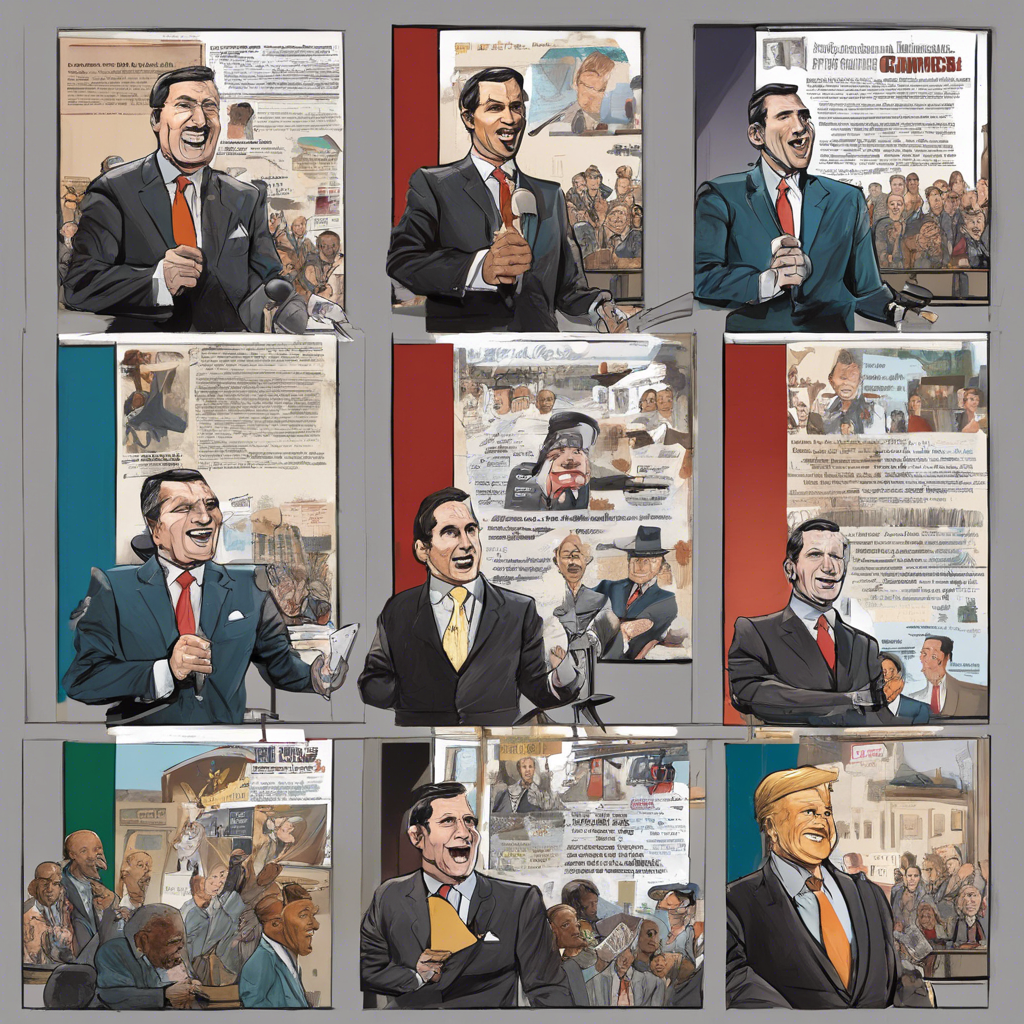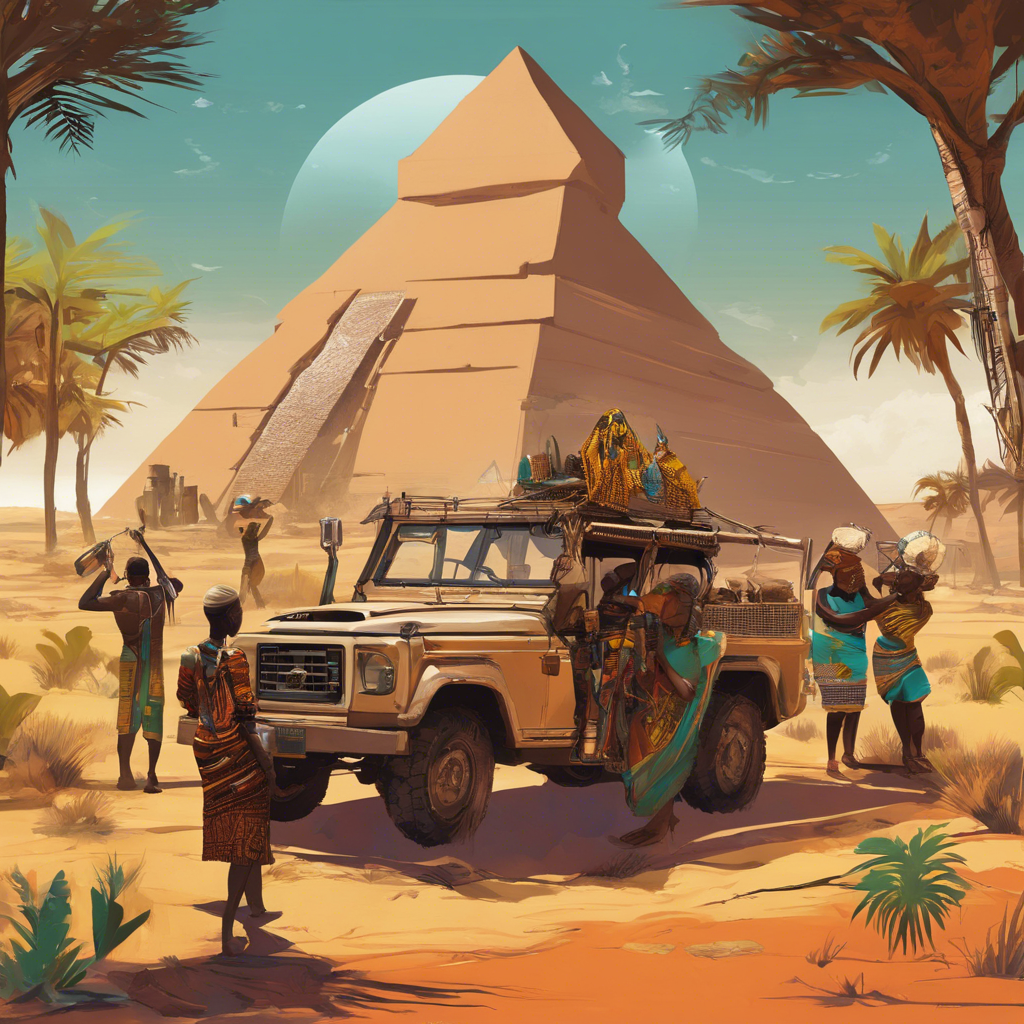OK, Ask a question

How Do Media Coverage And Sponsorship Impact Athlete Visibility And Subsequently Their Rankings?
The interaction between media coverage, athlete sponsorship, and visibility is pivotal in the competitive sports landscape. This dynamic influences athlete rankings and career development, as increased visibility can lead to better sponsorship opportunities while enhancing their market appeal and perceived value in the sports industry.

What Role Do Social Media Platforms Play In Amplifying Fan Theories About Media Franchises?

How Do Audience Demographics Affect The Perceived Reliability Of News Sources Across Different Platforms?

How Do Official Accounts Shape The Conversation Around Controversial Topics Compared To Independent Voices In Those Discussions?

In What Ways Do Streaming Services Influence Viewer Engagement With Original Content?
Streaming services have dramatically transformed viewer engagement with original content, enhancing accessibility and content personalization. In this FAQ, we will delve into how these online streaming platforms boost viewer interaction and satisfaction for audiences worldwide.

What External Factors Influence How Both Athletes And Politicians Are Portrayed In The Media?

In What Ways Do Social Media Platforms Amplify Certain Beauty Standards Compared To Traditional Media?

What Role Does Media Portrayal Of A Politician's Grooming Influence Their Confidence And Subsequent Behavior In Public Appearances?

What Role Do Influencers Play In Shaping Fashion Trends On Social Media?
In the contemporary digital landscape, social media influencers have emerged as pivotal figures in shaping fashion trends. Their extensive reach and significant impact resonate across various social media platforms, influencing consumer choices regarding what to wear and redefining the perception of fashion.

How Does The Globalization Of Media Influence The Storytelling Practices In African Cinema?

How Do Streaming Algorithms In Media Consumption Impact The Way Consumers Discover Indie Films?

How Do Various Forms Of Media, Such As Film And Television, Explore The Theme Of Privacy, And What Narrative Devices Do They Use?
Our Newsletter
Sign up and subscribe for our weekly FAQ selection, we promise to not spam you
Our Newsletter
Sign up and subscribe for our weekly FAQ selection, we promise to not spam you
Popular questions

What Role Do Social Media Platforms Play In Amplifying Fan Theories About Media Franchises?
Social media platforms have revolutionized fan engagement with media franchises, creating dynamic spaces where fan theories, discussions, and creative expressions flourish. This enhanced interaction amplifies fan voices and significantly influences the narrative direction of popular shows, movies, and video games.

How Do Audience Demographics Affect The Perceived Reliability Of News Sources Across Different Platforms?
Understanding how audience demographics impact the perception of news source reliability is essential in today's digital landscape. Various demographic factors such as age, education, geographic location, and cultural background influence how different groups interpret news content. This complexity significantly affects the perception of news sources across diverse platforms.

How Do Official Accounts Shape The Conversation Around Controversial Topics Compared To Independent Voices In Those Discussions?
The impact of official accounts on public discourse, especially concerning controversial topics, is immense. These accounts often represent institutions, organizations, or influential figures and play a critical role in shaping discussions compared to independent voices that offer a wider range of perspectives.